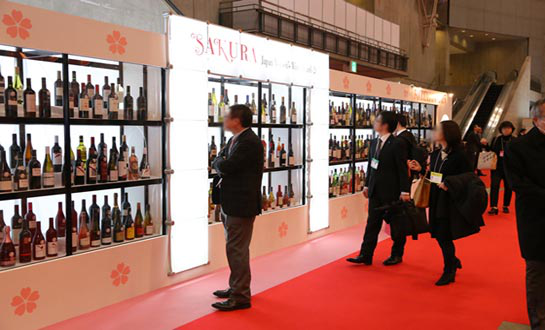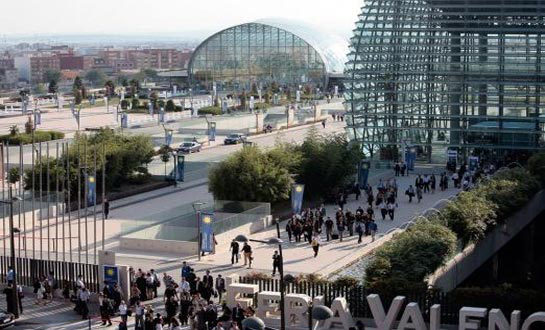

The Russian International Private Label Products Expo (IPLS) sponsored by Reed Exhibitions in the United Kingdom has been held at Crocus Ecpo Exhibition Center in Moscow, Russia every March since 2014. This exhibition is the only professional exhibition with private label as the theme in Russia and CIS (CIS). It is the first B2B platform for the private label industry in Russia, bringing manufacturers and local large retailers around the world in the industry Broad opportunities for business cooperation. This exhibition will adopt an exhibition format that separates the food area and non-food area booths. If your company is already a supplier of private-label products, IPLS will introduce you to more large-scale retailers in Russia and the CIS for purchasing decision-making negotiations. If your company expects to enter the Russian private label market, IPLS will assist you in opening up the market and achieving success.
Russia’s living area accounts for 1/8 of the world and is the world’s largest country. Its population of 142 million brings huge market opportunities to the Russian retail industry; currently the average market share of private brands in European countries has reached 24% (UK, Germany, Belgium) Both have exceeded 40%). Russia’s private label industry has developed late, but its momentum is strong. In 2012, the private label market value has reached 20 billion US dollars, with an annual growth rate of 25%. The profit of private label products has accounted for 2.8% of the total profit. It is expected in 2014 The private-label market will exceed US$31.4 billion, with an annual growth rate of more than 25%. The market potential is huge; more and more local consumers realize the advantages of private-label products with the same quality and low price, in order to win consumption in the competition In addition, a large number of top retailers continue to expand the scale of their own-brand products; Russian consumer demand continues to increase, and local manufacturers have been unable to meet domestic demand, making retailers begin to increase opportunities to seek cooperation with foreign manufacturers; in 2012, After Russia formally joined the WTO, many trade barriers were lifted, providing foreign companies with more convenient trade opportunities; in 2010, the customs union policy of Russia, Belarus and Kazakhstan brought trade opportunities that quickly penetrated the Russian market for manufacturers.
.jpg)
.jpg)